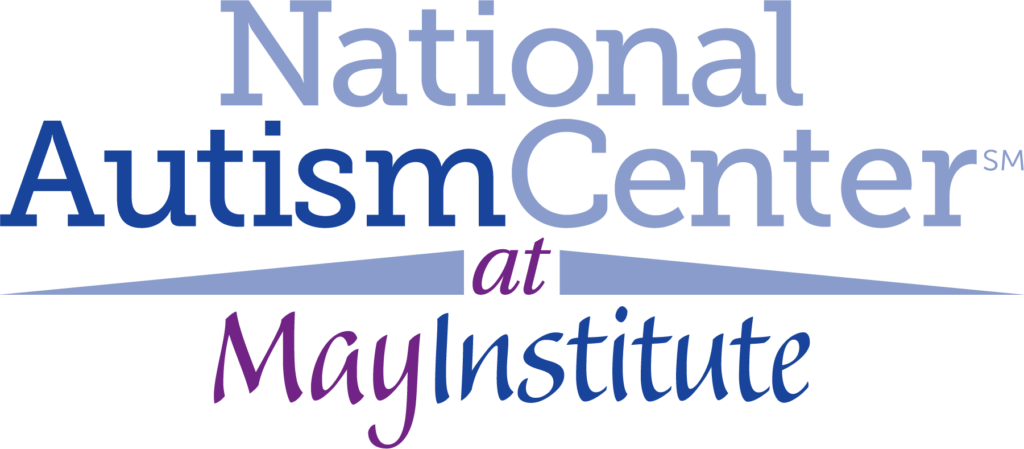News
May Institute Enhances International Reputation for Clinical Excellence in 2017
Media Release / Randolph, Mass. — In 2017, May Institute further advanced its reputation for excellence in the field of applied behavior analysis (ABA), adding four national experts to its clinical leadership team, and sharing its expertise in ABA on a global level. It was also a year in which the [...]
National Autism Center at May Institute Selected by U.S. State Department for International Speaker Program
MEDIA RELEASE First Middle East trip forges new partnerships in countries seeking response to autism “tsunami” Randolph, Mass. — The National Autism Center (NAC) at May Institute has been selected to participate in the U.S. State Department’s Speaker Program, and was subsequently invited to provide training and consultation in applied [...]
National Autism Center at May Institute Offers Free Resources for Educators
MEDIA RELEASE Randolph, Mass. – As record numbers of students with autism are back to school this month, the National Autism Center at May Institute is offering teachers its popular educators’ manual – Evidence-based Practice and Autism in the Schools, 2nd Edition – as a free resource. This manual and [...]
Autism A-Z: Beyond the Puzzle
Implementing Evidence-Based Practices Through Family-Provider Partnerships Friday, September 30, 2016, 9:00am - 4:30pm Featured keynote address by Deidre Donaldson, Ph.D. (Chief Clinical Officer, May Institute), who will present on "Evidence-based practices for individuals with ASD: The National Standards Project, Phase 2." Devereux Advanced Behavioral Health, one of the nation’s oldest and [...]
Dr. Cynthia M. Anderson Named Senior Vice President of Applied Behavior Analysis at May Institute; Joint Appointment as Director of the National Autism Center
Media Release / Randolph, Mass. — Cynthia M. Anderson, Ph.D., BCBA-D, has joined May Institute as Senior Vice President of Applied Behavior Analysis. Dr. Anderson holds a joint appointment as Director of May Institute’s National Autism Center (NAC). May Institute is a national network of programs and services for individuals [...]

